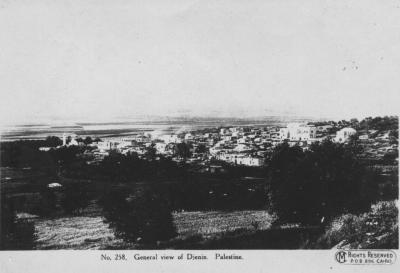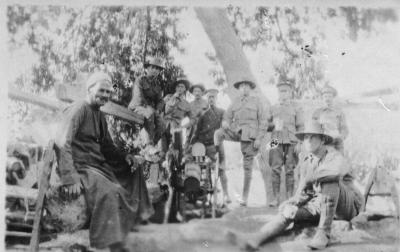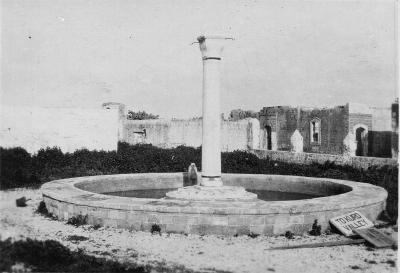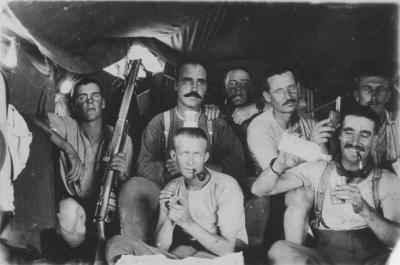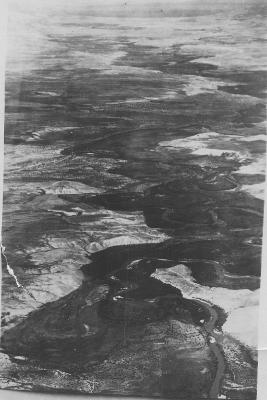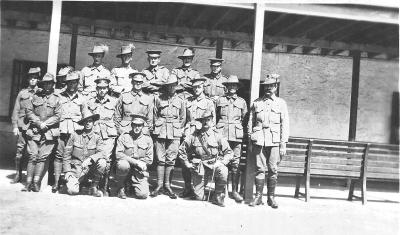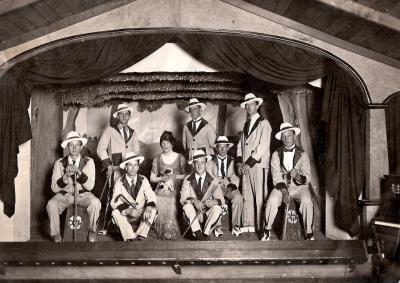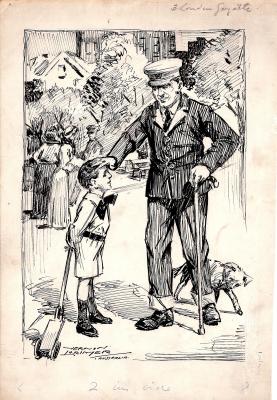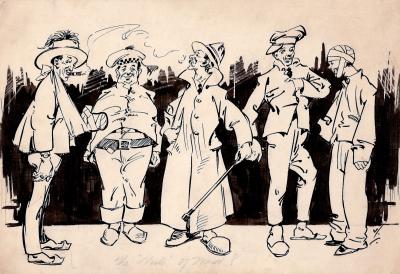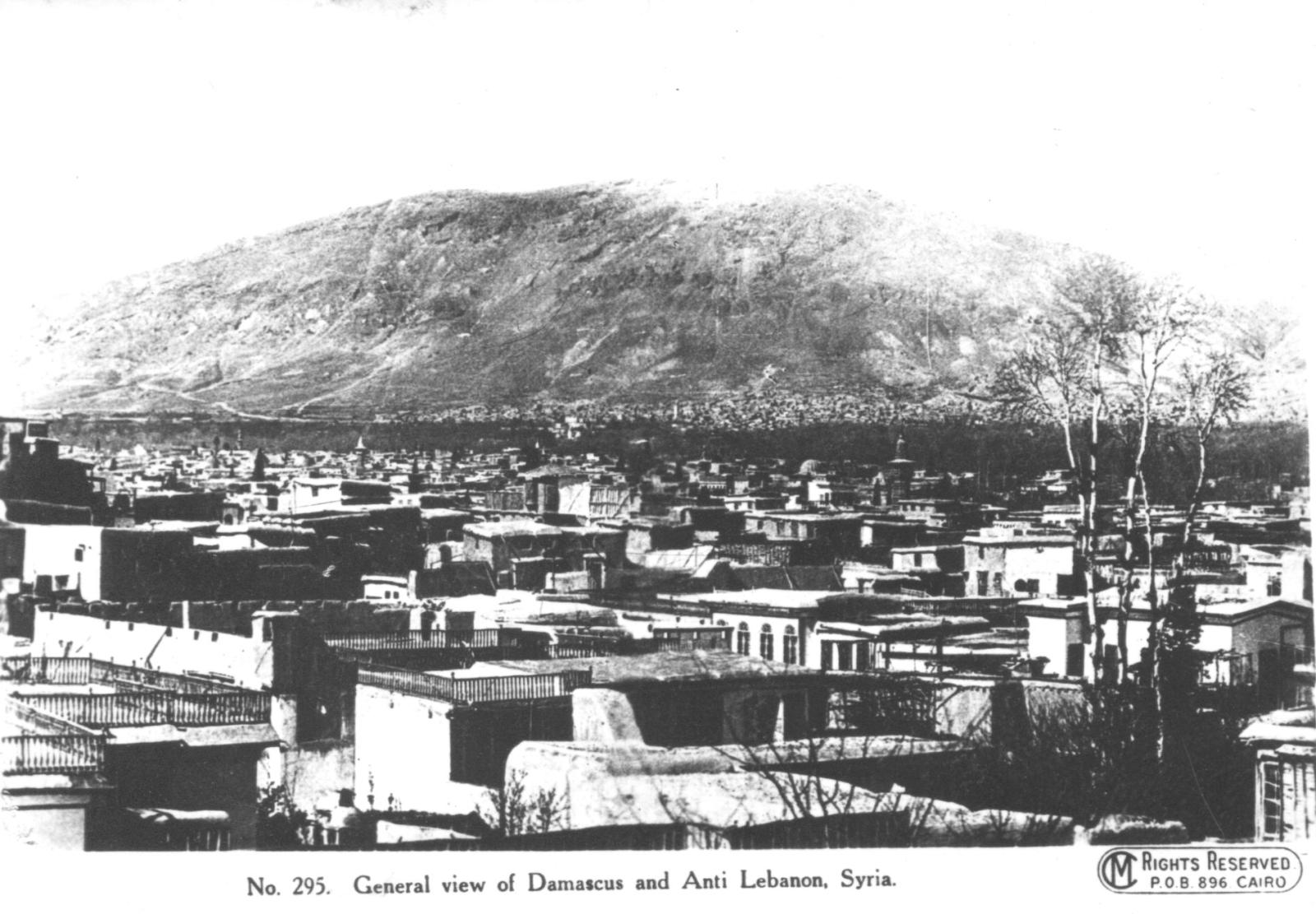World War 1, Middle East, Syria, Damascus, 1918
1918"Souvenir of Palestine" General view of Damascus
It is clear that parts of the 10th Australian Light Horse Regiment were the first troops formally to enter Damascus when they passed through on their way to secure the Homs road and that Major Olden was handed the city by the acting governor, Emir Said.
However, as part of a wider Imperial policy, the British were keen to establish the Hashemites in a strong position in central Syria to destabilise French claims to this area enshrined in the 1916 Sykes-Picot agreement. Independently the Hashemites wanted to move their power-base from the distant and sparsely populated Hejaz to Syria and establish themselves as the legitimate and natural heirs to Turkish rule there.
To support these goals the British authorities decided Fesial and his army needed to emerge as the liberators of Damascus, despite the clear military victories of the Egyptian Expeditionary Force under General Sir Edmund Allenby which had led to it. Allenby therefore ordered his troops not to enter the city, but bypass it and it was solely for pragmatic reasons that the 10th Light Horse cut through it rather than moving round.
Lawrence, as Fesial's advisor and liaison with Allenby, entered Damascus only a short time after the Light Horse departed. Damascus was thus deemed to have been liberated by the Hashemite army led by Feisal that had fought its way north from the Hejaz.
Details
Details
Open in Google Maps
Nearest geotagged records:
- World War 2,South West Asia, Syria, Damascus, Hospice Sulamaniyah, WALKER, 2/28 Battalion, 1942 (0.56km away)
- World War 1, Middle East, Syria, Damascus, Logistics, Watering, 10 Australian Light Horse, 1918 (0.78km away)
- World War 1 , Middle East Syria Damascus, 10 Australian Light Horse, 1918 (0.98km away)
- World War 1, Middle East, Damascus, 10 Australian Light Horse, 1918 (1km away)
- World War 1, Middle East, 10 Australian Light Horse, 1918 (1.18km away)
- World War 1, Middle East, Syria, Damascus, 1918 (1.55km away)
Australian Army Museum of Western Australia
Australian Army Museum of Western Australia
Other items from Australian Army Museum of Western Australia
- World War 1, Middle East Palestine Djenin, 1918
- World War 1, Middle East Palestine, 1918
- World War 1, South West Asia, Palestine, Gaza, 1918
- World War 1, Middle East Egypt Heliopolis, 1918
- World War 1, Middle East Palestine, 1918
- World War 1, Middle East, Syria, Damascus, 1918
- World War 1, Middle East, Palestine, River Jordan,1918
- World War 1, Middle East, 1918
- World War 1, Europe Rouen, AAMC, 1918
- World War 1, Europe Rouen, 1918
- World War 1, Europe, England, Vernon LORIMER, Pencil Drawing,1918
- World War 1, Europe, England, Vernon LORIMER, Cartoon,1918
